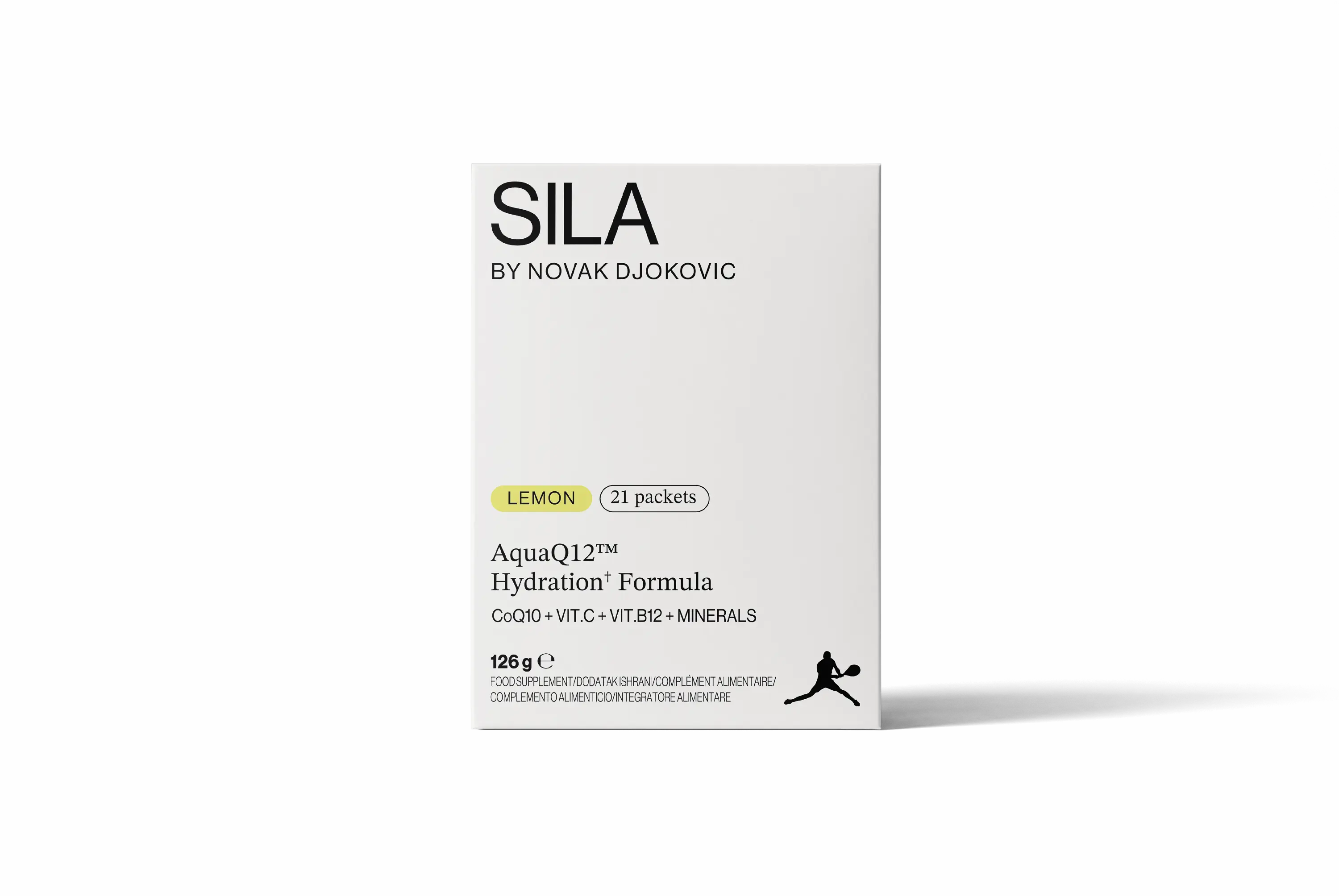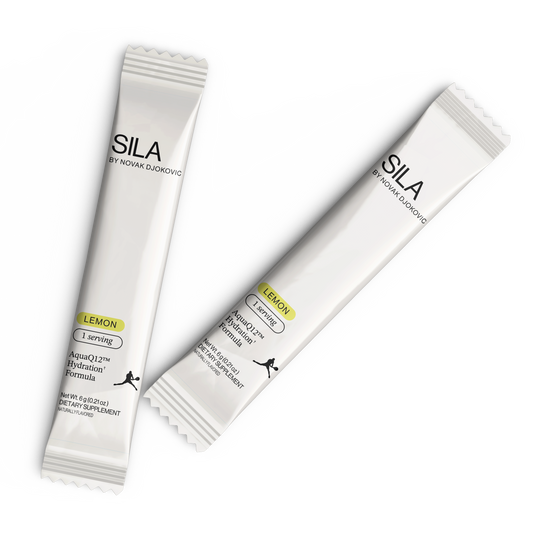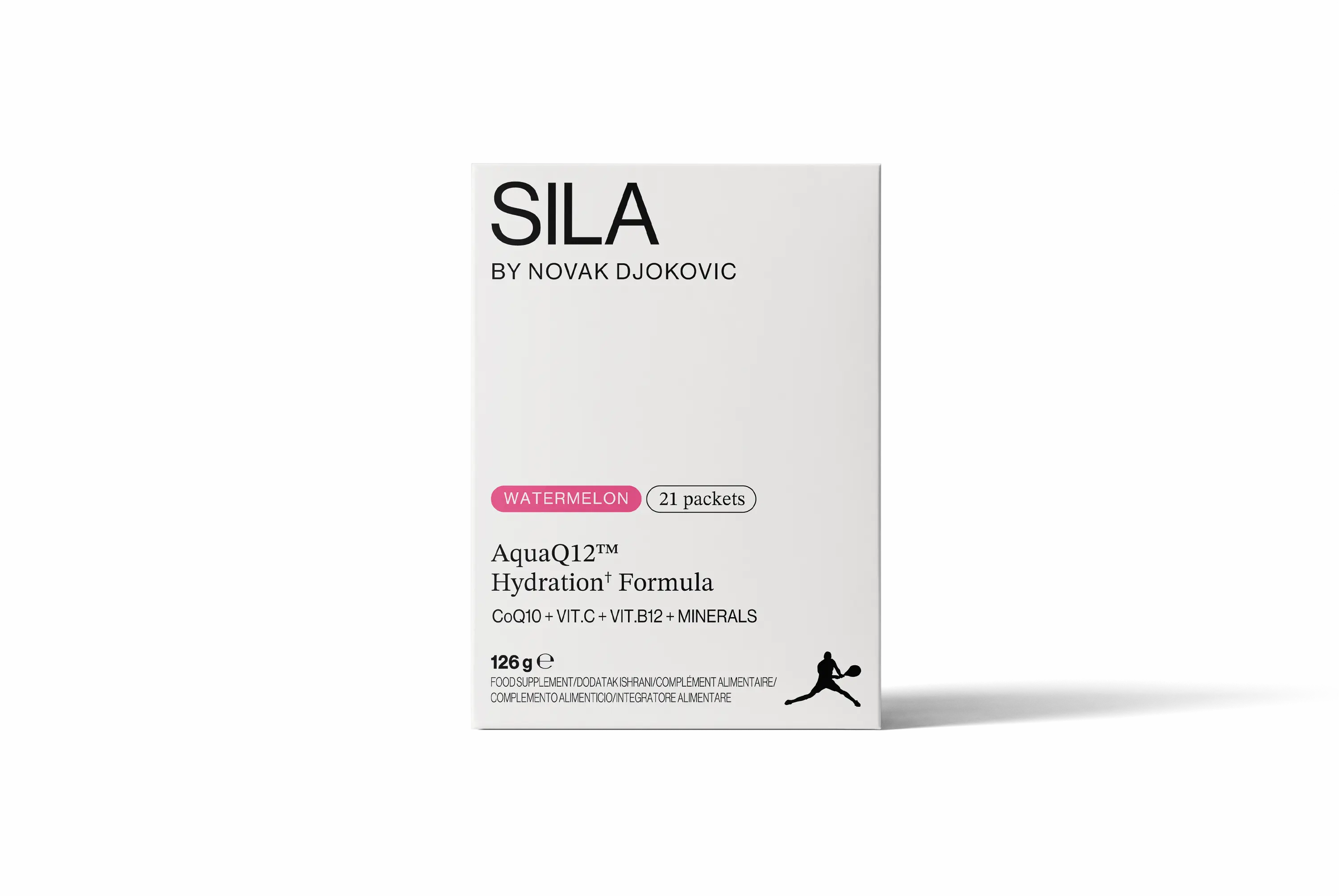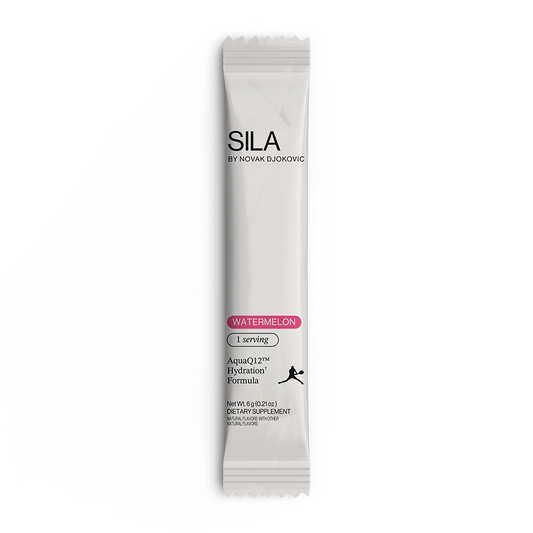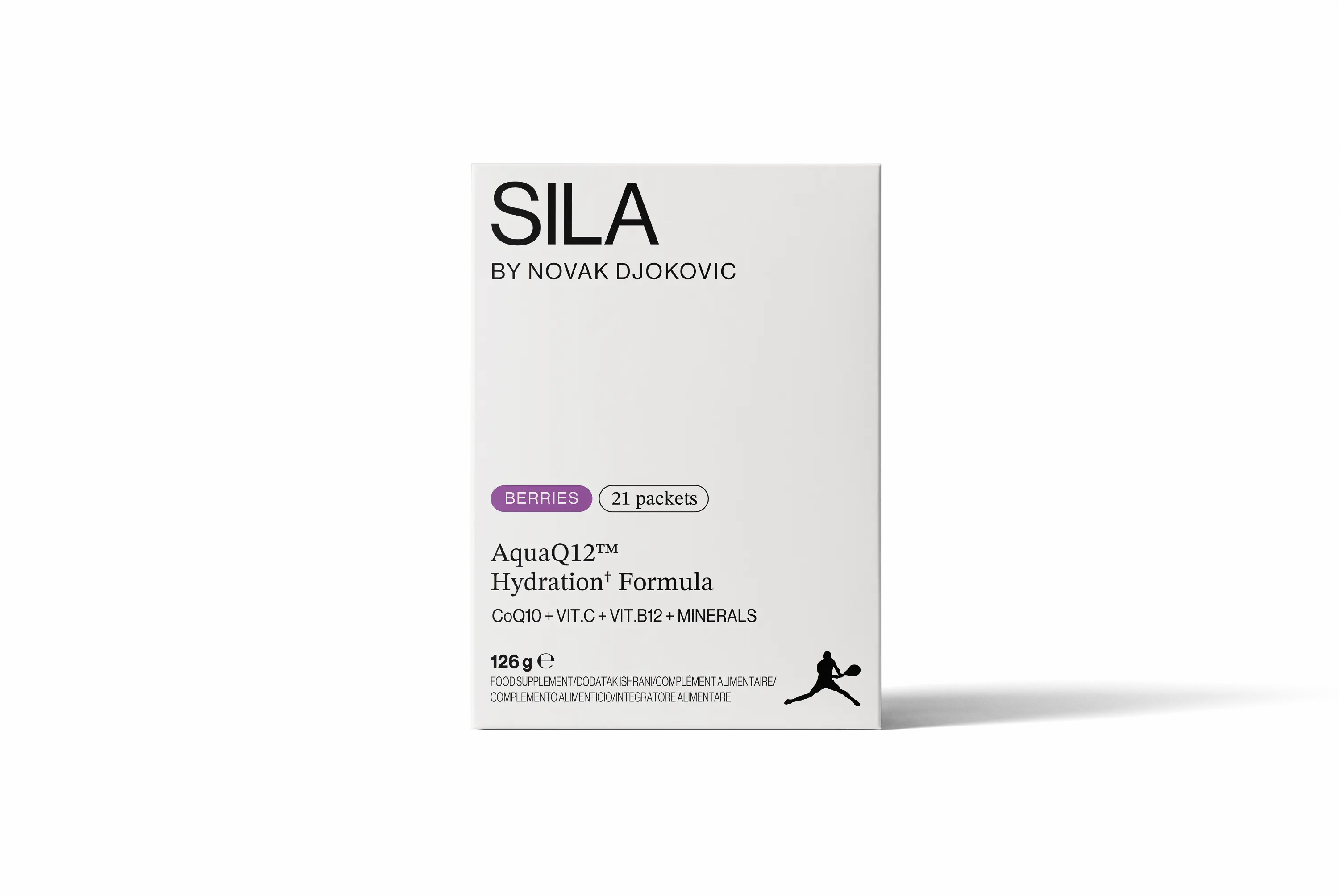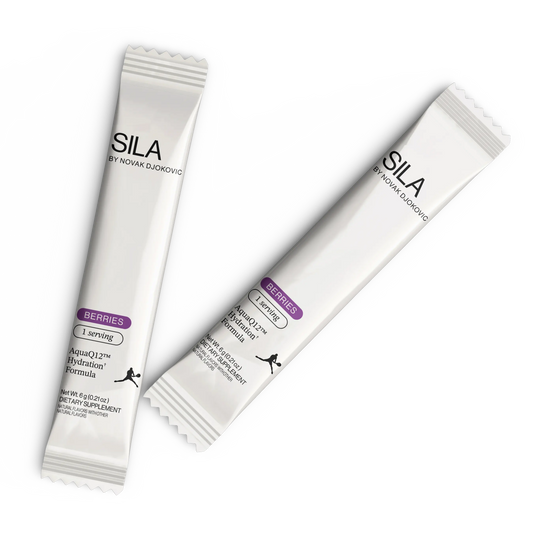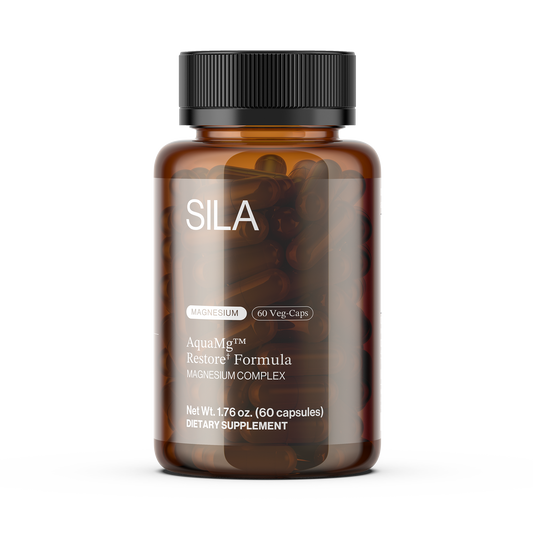Electrolytes, micronutrients, and minerals are integral components of effective hydration strategies for athletes, optimizing fluid balance, muscle function, and recovery while promoting overall health and performance.
Hydration is a cornerstone of athletic performance, with its impact extending to endurance, thermoregulation, muscle function, and recovery. While water intake is crucial, electrolytes and minerals play an indispensable role in maintaining fluid balance, optimizing cellular activity, and sustaining physiological homeostasis during physical exertion. Key electrolytes such as sodium, potassium, magnesium, and calcium are critical for muscle contractions, nerve signaling, and energy metabolism. Additionally, micronutrients like zinc and iodine support enzymatic activity and immune function, which are often taxed during intense exercise.
Natural hydration solutions, such as coconut water and raw sea salt, have emerged as effective alternatives to traditional sports drinks. Coconut water, with its high potassium content and natural sugars, has been shown to effectively rehydrate while minimizing gastrointestinal distress. Raw sea salt, particularly from artisanal sources like Sicilian salt, provides a balanced profile of sodium, magnesium, and trace minerals, promoting electrolyte replenishment and fluid retention without the synthetic additives commonly found in processed salts.
This review emphasizes the need for tailored hydration strategies, highlighting pre-exercise hydration to achieve euhydration, intra-exercise electrolyte replacement to mitigate fluid and mineral losses, and post-exercise rehydration to restore plasma volume and accelerate recovery. Athletes losing more than 2% of body weight due to dehydration face measurable declines in performance, emphasizing the importance of restoring not only water but also electrolytes. Incorporating these insights and natural hydration options into athletic routines can optimize performance, enhance recovery, and promote overall health. Future research should focus on the long-term benefits of these approaches and explore their applications across diverse athletic populations.
Biochemical and Physiological Importance of Key Minerals and Electrolytes
Sodium and Potassium: Guardians of Fluid Balance and Muscle Function
Sodium and potassium are essential for maintaining the body’s fluid balance and ensuring effective muscle contractions and nerve signaling. Sodium, primarily an extracellular electrolyte, regulates blood volume and pressure by controlling fluid retention, while potassium operates within cells to modulate muscle and nerve function. During intense exercise, athletes can lose up to 1.5 g of sodium per liter of sweat, making replenishment crucial to prevent hyponatremia and maintain cardiovascular efficiency [1] [2]. Potassium depletion is similarly detrimental, leading to muscle cramps, weakness, and impaired endurance performance [2] [3].
Magnesium: The Metabolic Powerhouse
Magnesium is involved in over 300 enzymatic reactions, including ATP synthesis, protein production, and glycolysis. As a cofactor in energy metabolism, magnesium supports sustained muscle contractions during prolonged activity. Studies show that magnesium deficiency impairs neuromuscular coordination and increases the risk of exercise-induced cramps, emphasizing its importance for both endurance and recovery [4] [5]. Magnesium-rich diets or supplements are especially beneficial for athletes undergoing high-intensity training, as their metabolic demands often exceed baseline needs [4] [6].
Iodine and Trace Minerals: Subtle but Significant
Iodine, manganese, and copper, though needed in trace amounts, play vital roles in thyroid function and oxidative stress regulation. Iodine is essential for maintaining metabolic rates, while manganese and copper contribute to connective tissue health and enzymatic reactions. Ensuring adequate intake of these trace minerals helps athletes maintain overall metabolic and physiological balance, supporting both performance and recovery [5] [6].
Natural Hydration Solutions: Coconut Water and Raw Sea Salt
Coconut Water
Coconut water provides a natural alternative to commercial sports drinks, offering potassium, magnesium, and simple carbohydrates for effective hydration and electrolyte replenishment. Studies have shown that coconut water is as effective as sports drinks for post-exercise rehydration, with added benefits of better gastrointestinal tolerance and lower acidity [7] [8]. Its natural sweetness and absence of artificial additives make it an appealing choice for athletes seeking cleaner hydration solutions [6] [8].
Raw Sea Salt
Raw sea salt, particularly varieties sourced from Sicily, provides a natural blend of sodium, magnesium, and trace minerals without the chemical additives found in processed table salt. This mineral-rich profile helps promote fluid retention and restores electrolyte balance, addressing the dual needs of hydration and recovery [1] [3].
Conclusion
Electrolytes, micronutrients, and minerals are integral components of effective hydration strategies for athletes. Sodium and potassium are essential for fluid balance and muscle function, while magnesium supports energy metabolism and recovery. Calcium, zinc, and trace minerals such as iodine and manganese further enhance physiological efficiency and immune resilience, contributing to overall athletic performance.
Natural hydration solutions like coconut water and raw sea salt provide nutrient-dense alternatives to commercial sports drinks, promoting hydration while minimizing exposure to artificial additives. Tailored hydration strategies, incorporating these natural options, are critical for athletes to optimize performance, prevent dehydration, and enhance recovery. Future research should continue exploring the synergistic effects of these minerals and electrolytes in diverse athletic populations, paving the way for advanced and sustainable hydration solutions.
References
- Ercoşkun, H. Impurities of natural salts of the earth.
- Saat, M., et al. Rehydration after exercise with fresh young coconut water. Journal of Physiological Anthropology.
- Evans, G.H., et al. Optimizing the restoration and maintenance of fluid balance after exercise-induced dehydration.
- Zhang, Y., et al. Can magnesium enhance exercise performance? Nutrients.
- O’Brien, B.J., et al. Coconut water: A sports drink alternative? Sports.
- Chaubey, A., et al. Effect of coconut water on measures of hydration and physical performance in athletes.
- Shirreffs, S.M., et al. Fluid balance in the physically active. Journal of Applied Physiology.
- Maughan, R.J., et al. Hydration strategies for optimal performance.
